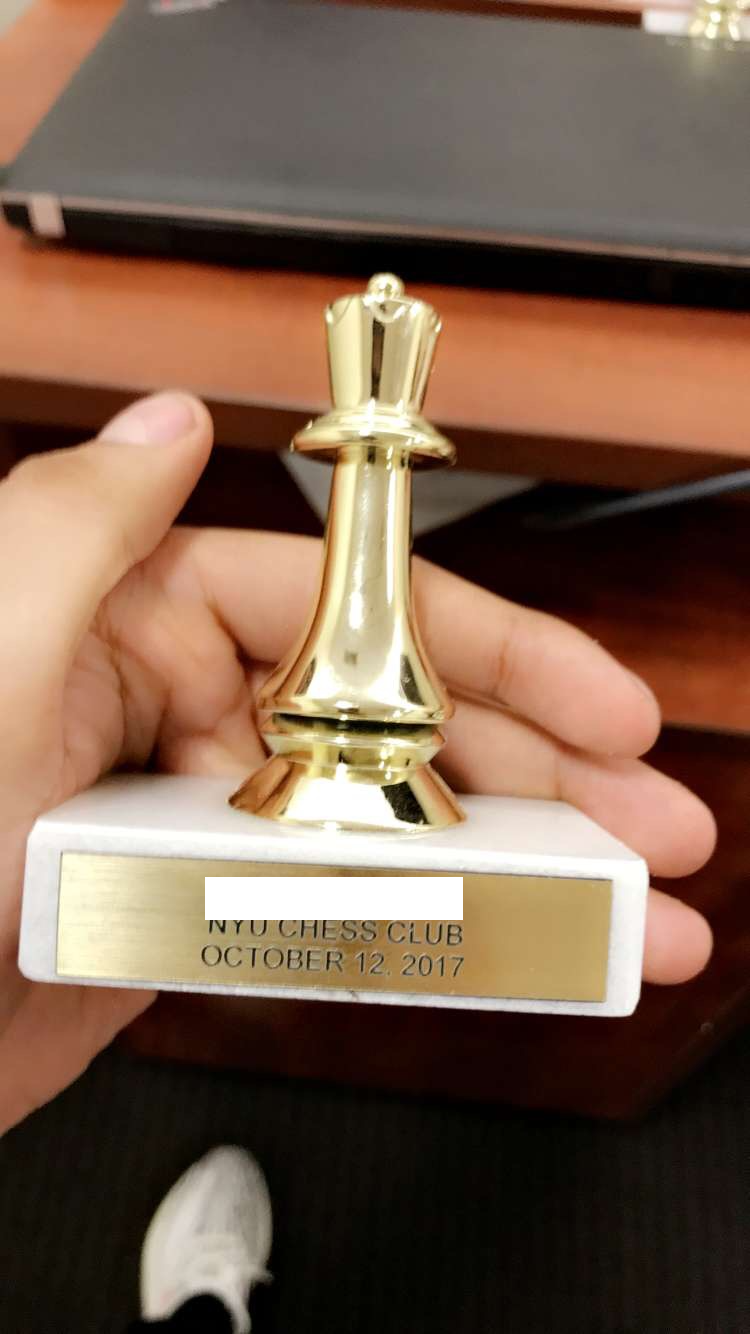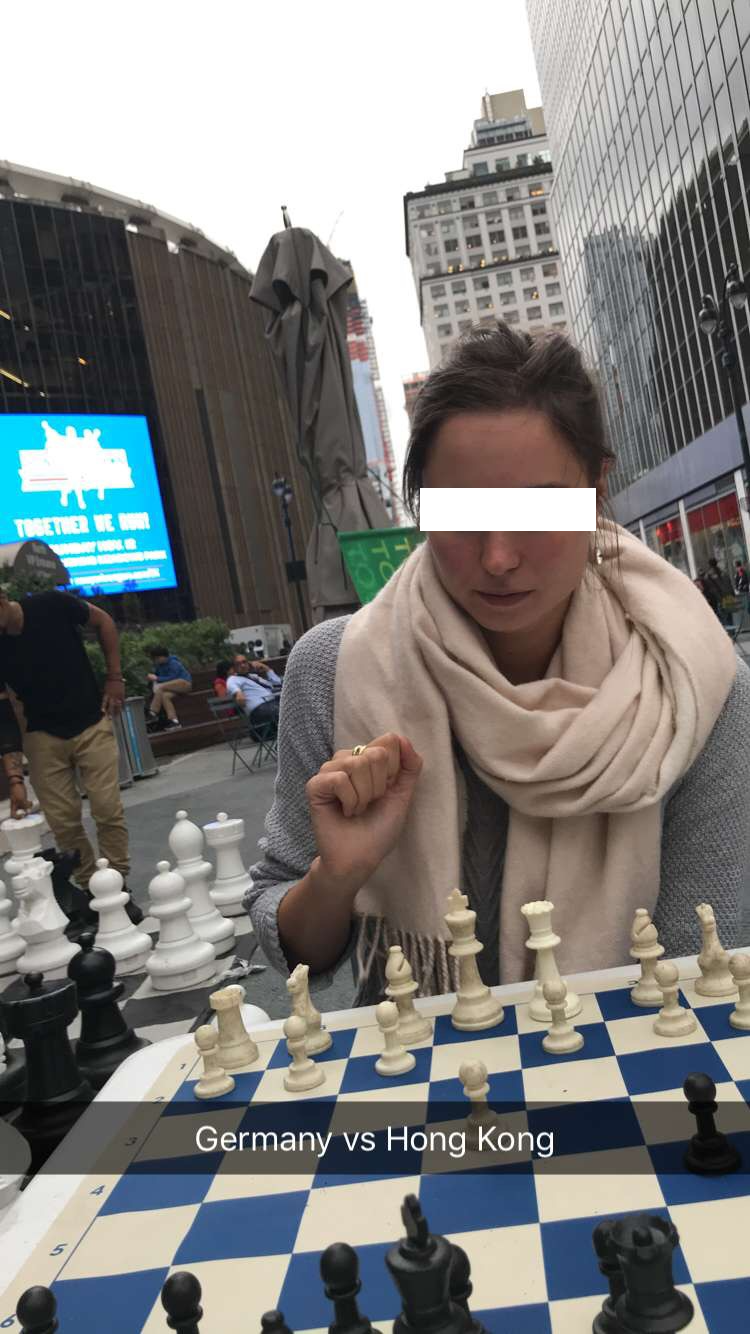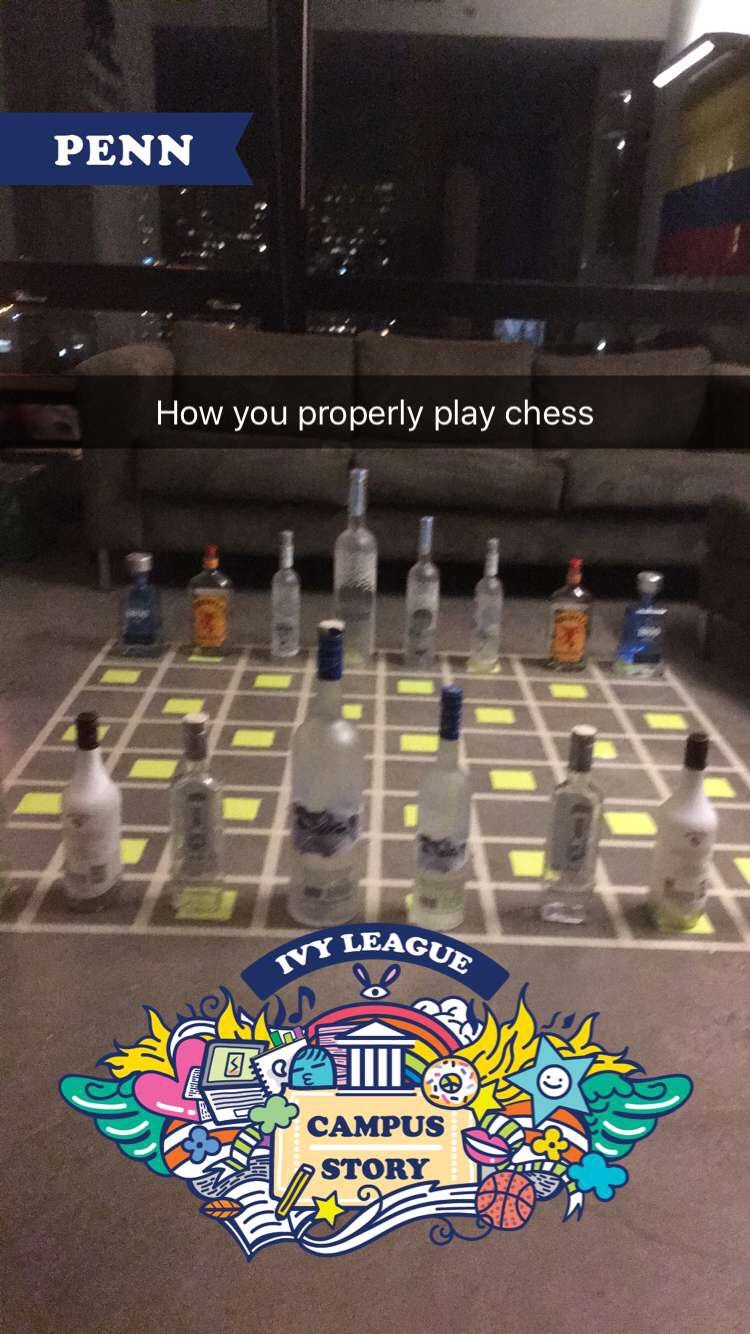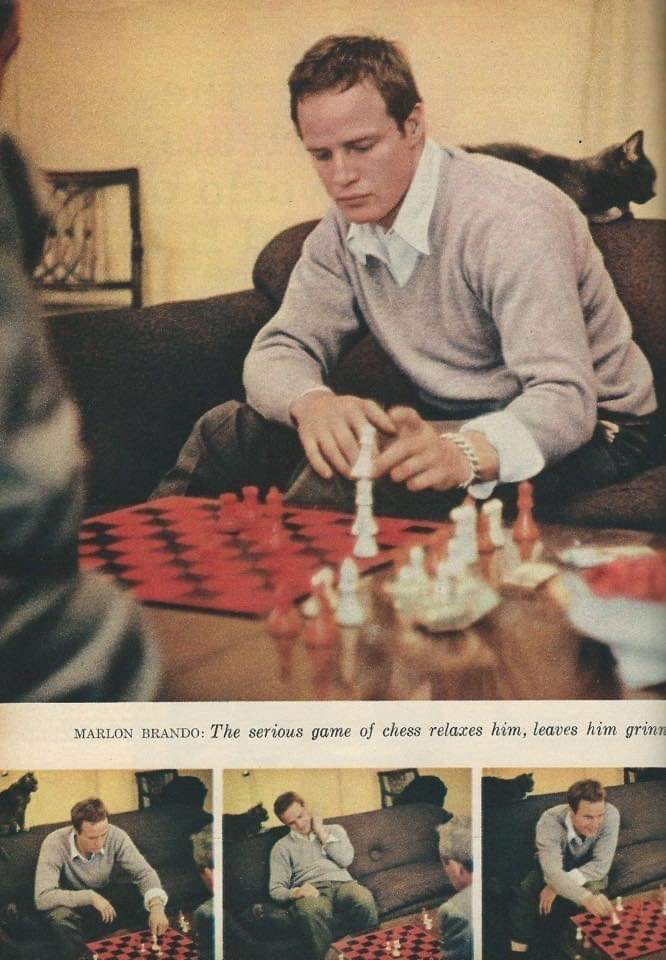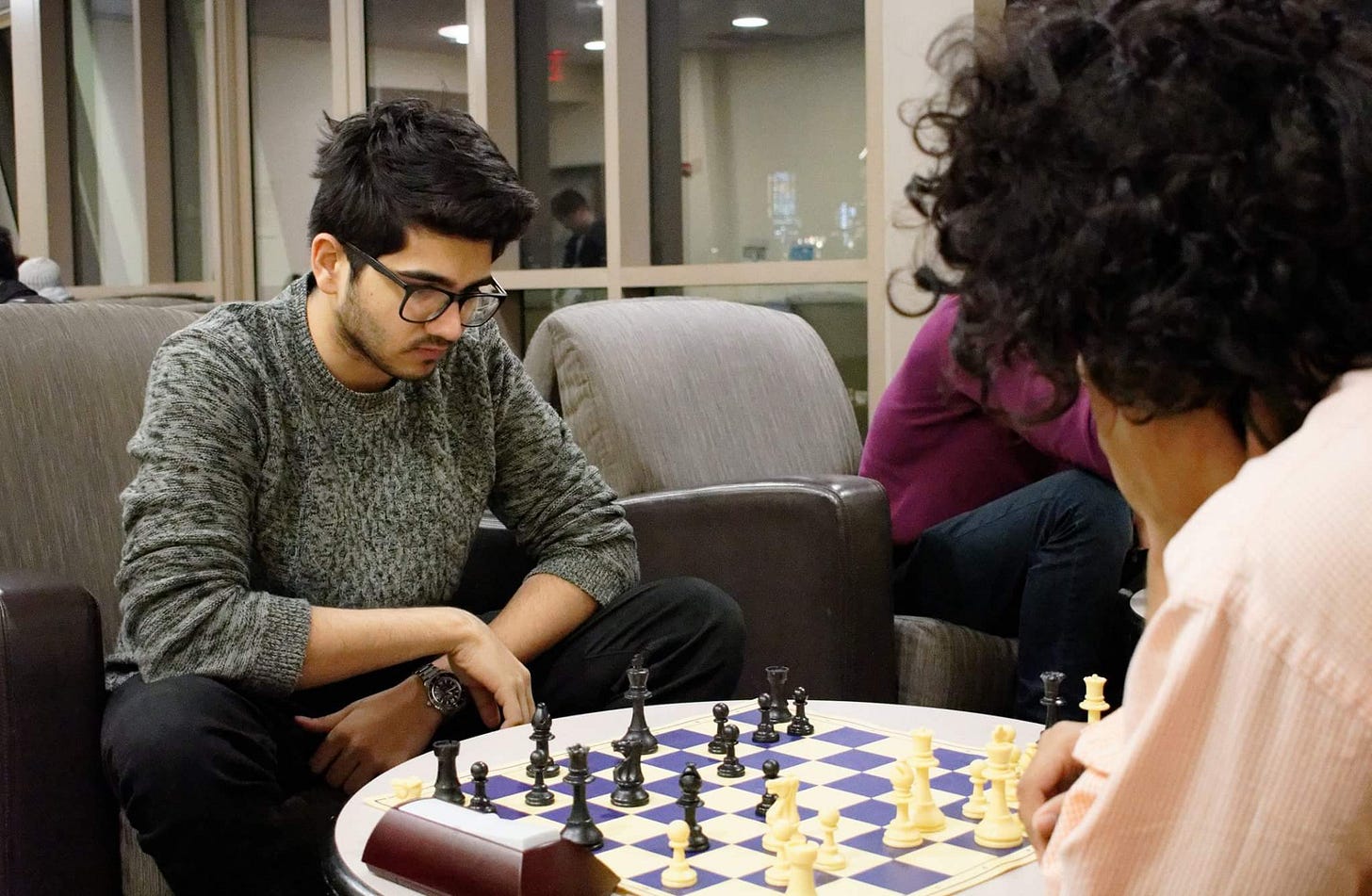8-min read
The Soviet government was once trying to clamp down on alcohol consumption and chess grandmaster Tal famously said,
‘The state versus vodka? I'm on the side of vodka.’
His first wife, Salli Landau, described Mikhail's personality:
‘Misha was so ill-equipped for living... When he travelled to a tournament, he couldn't even pack his own suitcase... He didn't even know how to turn on the gas for cooking. If I had a headache, and there happened to be no one home but him, he would fall into a panic: “How do I make a hot-water bottle?” And when I got behind the wheel of a car, he would look at me as though I were a visitor from another planet. Of course, if he had made some effort, he could have learned all of this. But it was all boring to him. He just didn't need to. A lot of people have said that if Tal had looked after his health, if he hadn't led such a dissolute life... and so forth. But with people like Tal, the idea of “if only” is just absurd. He wouldn't have been Tal then.’
There are many great chess players, and in this writeup, I’m focusing on the intoxicated bunch. The ones who didn’t let a round-robin stop their drinking. The battle over the board and their battle with alcohol. The shifting pieces and dizzying perspectives. One move, another, and repeat. Order a shot, bottoms up, and repeat.
Alekhine. Ivanov. Tkachiev. Unsurprisingly, all of Russian descent. Vodka might have ruined USSR, but it fueled these masters. This isn’t a recent notion, nor was it pervasive only in Eastern Europe. James Mason, the Irish-born British-American, led the pack in the 1880s, and was one of the better early chess authors, too. He occasionally fell out of his chair because of his intoxication.
American master and Pillsbury second W.E. Napier related his experience of seeing Mason helped into the playing hall and seat because he could not walk on his own, proceed to win in brilliant fashion against a strong opponent, and then stagger off after the game to celebrate at a pub.
I've heard Bogoljubov referred to as ‘the jovial, beer-drinking Russian.’ And Blackburne was quoted after stealing his opponents drink: He left it en prise, so I took it en passant. I can’t imagine his British accent helped him with these atrocities. Alexander Wojtkiewicz, aka Wojo, had similar traits. Shabalov recalled:
Aleks began playing chess at an early age, and by the time I joined the Riga Chess Club at age 7 — Aleks was five years older than me — he had become the strongest and most promising junior in the city. He was always Tal’s favorite student, because of his talent and his obvious affinity to the three required non-chess components of Tal’s chess school: smoking, drinking, and womanizing.
The Genesis of a God Complex
These examples are not so much as to prove a point, but more of a syllogism. I can’t count the number of times a friend has sent me the picture of a board with the pieces replaced with shot glasses. The countless occasions I competed while inebriated at my very own parties. A concoction of short attention span (proudly sponsored by gin), rapid thinking, and a massive over-inflated ego always spelled trouble.
‘If I can beat this person while intoxicated, who can stop me sober?’

In my head, destroying someone over the board was the ultimate form of intelligence. Post pleasantries aside — ‘Good Game, Well Played’, the usual bullshit) — the scoreboard was the only judge, and I emerged victoriously. Once, when I was closing an older account, I saw a recently estranged friend come online to play a few games. Rage consumed me. Over the next few hours, I bumped up my score by 400 points. And for what reason? The shame I felt after was incomparable. The game of chess is so closely tied to Ego that we, as players, frequently find that our most difficult adversary is not our opponent but actually ourselves. When we find ourselves in inferior or difficult situations, sometimes we like to tell ourselves sweet little lies.
After playing chess for a year with friends, I qualified for the under 1500 elo tournament. With much chagrin, I walked into the room full of apathetic losers, deadbeats, and some of the smartest people I knew, and picked up my tiny trophy. I hold as much value to this medal I won as I would one of the top buttons on my white cotton shirt. Unnecessary, but essential to keep me together. The button would be left open when I chose the greater evil, Durden’s: a collegiate bar I frequented — which accepted tons of fakes and closed not shortly after for the same exact reason.
Chess Club was hosted weekly on Thursday’s, and unfortunately, that fell right on the day my weekend started. The weekend where I would proceed to get absolutely sloshed, completely obliterated, and forget my roots. Two roads diverged.
It’s not that I drank to forget but to stop thinking, or overthink, or calculate. And honestly, it didn’t help that my roommate was a bartender who constantly woke me up with daiquiris. But I took my love for chess everywhere with me, whether this was in the streets of New York…
or my sister’s dorm in Philadelphia…
or the clubs of Hong Kong.
And around the same time sophomore year, I met a similar sick soul.
The водка whisperer
I met him sophomore year in college. At 17, he achieved National Chess Master status. I was hospitalized for a massive bender at seventeen. But we weren’t completely mentally different. A man can hope. He was a frequent trader and a moderator of /r/wallstreetbets, and I was the subscriber. He competed at a high level, while I had just got my bearings. I lost count of the number of times he drank me under the table. A kid can hope.
Instead of immediate burning jealousy, I took the path less traveled and chose to learn from this degenerate. He was also the very alcoholic who visited me in Hong Kong one summer. I was nineteen years old and him 20, and we walked into Lan Kwai Fong at a breezy 3 pm. A gin and tonic, a whisky on the rocks. Slip a note to the waitress to keep the tap running. Also a voracious reader, he introduced me to his local haunt (or was it his study area?) in New York. A stone’s throw away from Bobst, the premier (and only half-decent) NYU library, Triona’s was suspiciously close to the Chess Forum. 237 Sullivan Street. 237 Sullivan St. 237 Sullivan. I repeated my Chalisa and entered the bar, carrying the heavy Tolstoy book I had borrowed from him the week prior. I don’t know if it was the stories that kept me coming back for more or the promise of free drinks, but my most vivid memory of him was when he got into an intense debate with another patron of the bar on the topic of martinis. Dirty, dry, and perfect, nothing else, but the poor customer had the horrid notion of requesting a vodka-based (base) gimlet.
‘Instead of sommeliers, I really think bars should hire alcoholics with standards, so atrocities like this can be corrected.’
Fast forward a few months and it was the end of a grueling semester. And I was a local at Triona’s. A typical weekday: First few rounds of drinks, followed by picklebacks, and I was off to the races with a cigarette in my mouth. Sparking the lighter before I had even gotten off the premises onto the cold, disjointed roads of lower Manhattan. Sometimes the hostess followed closely, and she did her usual routine of taking off her apron and requesting to bum a cig. I never found her attractive. We shared the lit cigarette. Unknowingly burning a hole into one of my favorite jackets. She shared her story, as did I, but her old eyes knew I was bullshitting through my teeth. She hoped I would make some real mistakes of my own. And to also stop wasting my time at her bar. I didn’t want her to know the truth. I really never found her that attractive.
Don’t come here next week. We’re not open for you.
As Tal changed the way one would think of attack and sacrifice, my budget slowly shifted from popping bottles at clubs to training with the homeless at Washington Square Park. They weren’t really homeless, they just acted the part. I spent countless hours with them, practicing tactics, repeating positions, memorizing chess notations.
Once, at Union Park, on a cold winter night, I didn’t have spare cash for a game, so I instead walked into the closing Starbucks and ordered a large black coffee for my friend. He hopefully greatly appreciated the barter.
ELO & EGO
One of my many parlor tricks was to remember a previous game a master had previously played and regurgitate the positions with swift deciding action. It greatly impressed the ladies.
I think a lot about my inability to process emotions properly without ending up on extremes. Either caring deeply for one significant other or running through as many I can in a fortnight.
I think a lot about where my friend is now in the world. We don’t talk much anymore.
I think a lot about what would his schools of thought would be in contrast to Tal’s.
I doubt they’d differ.
Is that what makes me me?
All I know is I’m still going to tell myself the sweet little lies, to protect my tiny trophy and tiny heart, and even tinier ego, before it’s shattered by someone who can actually see through the facade. At the end of the day all you really have is your memory and your thoughts, and trust me I’d hate to be left alone with them without my liquid companion. As for my halted US chess career, according to the 7th Edition:
USCF standards mention if you are drunk then you are not allowed to participate.
It's why we play here in Asia.
Further reading
‘Even Now, He Will Not Leave Me...’ by Sally Landau. The following interview appeared in 2003 in Russian in the newspaper Chess Week (Russia).
Alekhine and Alcohol by Edward Winter. Recollections of grandmaster Alexander Alekhine’s run-ins with alcohol.




